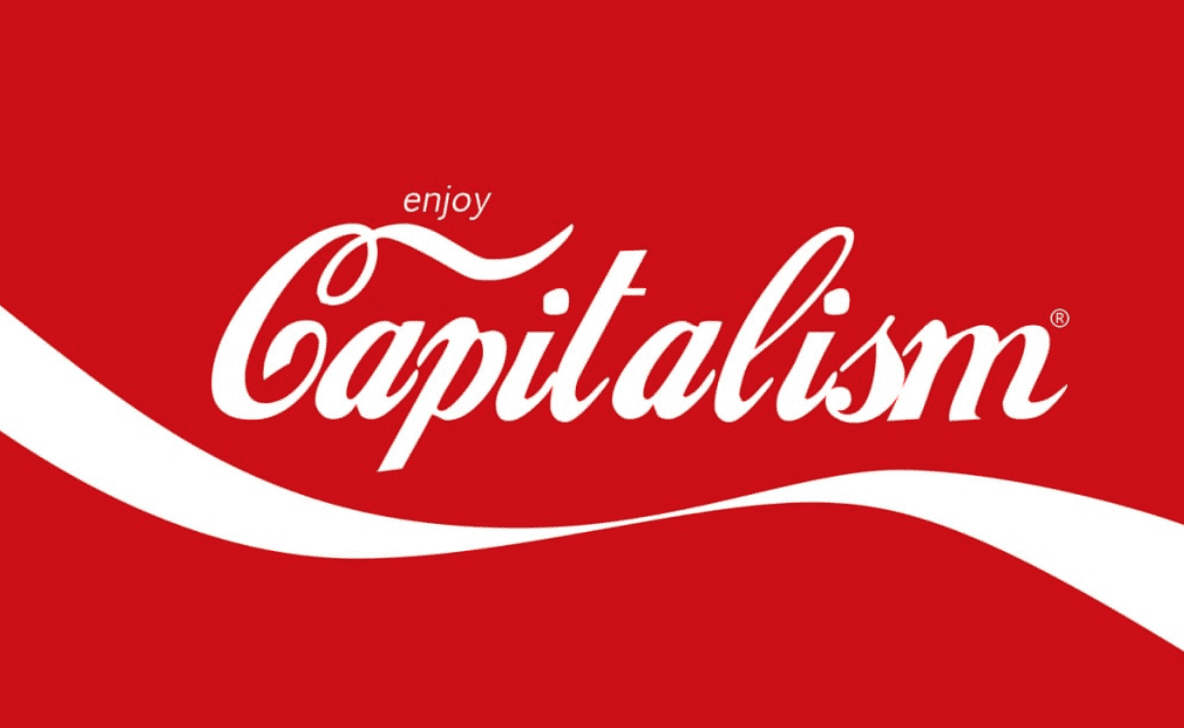If GM's recent controversial decision to close down its Oshawa plant reminds us of anything, it's that capitalism isn't cuddly.
How can it be?
Capitalism is an economic system which allocates scarce resources on the basis of hard-hearted profit and loss calculations; it's a system that doesn't care about feelings or sentimentality; it's a system that does what it does, whether anybody likes it or not.
And unlike socialism, which promises a utopian society of economic equality and bliss, capitalism offers up a world ruled by creatively destructive efficiency.
Capitalism is like the Terminator — dispassionate, harsh, relentless.
This is why in politics capitalism has so few friends and so many enemies; emotionally-speaking, (and emotion is everything in politics) capitalism is easy to attack, hard to defend.
Thus, you don't see pro-capitalist parades in our city streets, people don't wave capitalism flags emblazoned with capitalistic symbols, and nobody wears cool military-style capitalistic uniforms.
And today, capitalism seems to be less popular than ever.
It's telling, for instance, that Maxime Bernier, who is the most outspoken proponent of capitalism in Parliament, leads a one-man party.
Oh sure, there are those who defend and promote capitalism, but they tend to be economists, academics and media pundits, i.e. people no one listens to.
The rest of the political world seems to be turning its back on free market ideology.
Certainly, the number of pro-free marketers is smaller today than it was 30 years ago, in the days of the Reagan era.
As a matter of fact, with his genial personality and excellent communication skills and common touch, Ronald Reagan was the one politician who seemed to have a knack for humanizing capitalism.
Plus, back in those days, Reagan's Republican Party had, within its ranks, a large contingent of what I'd call "economic conservatives."
That's to say they were people who cared about issues like making smaller government, lowering taxes, and generally supported pro-free market policies.
And for awhile there it seemed as if these economic conservatives were the winning the ideological war.






